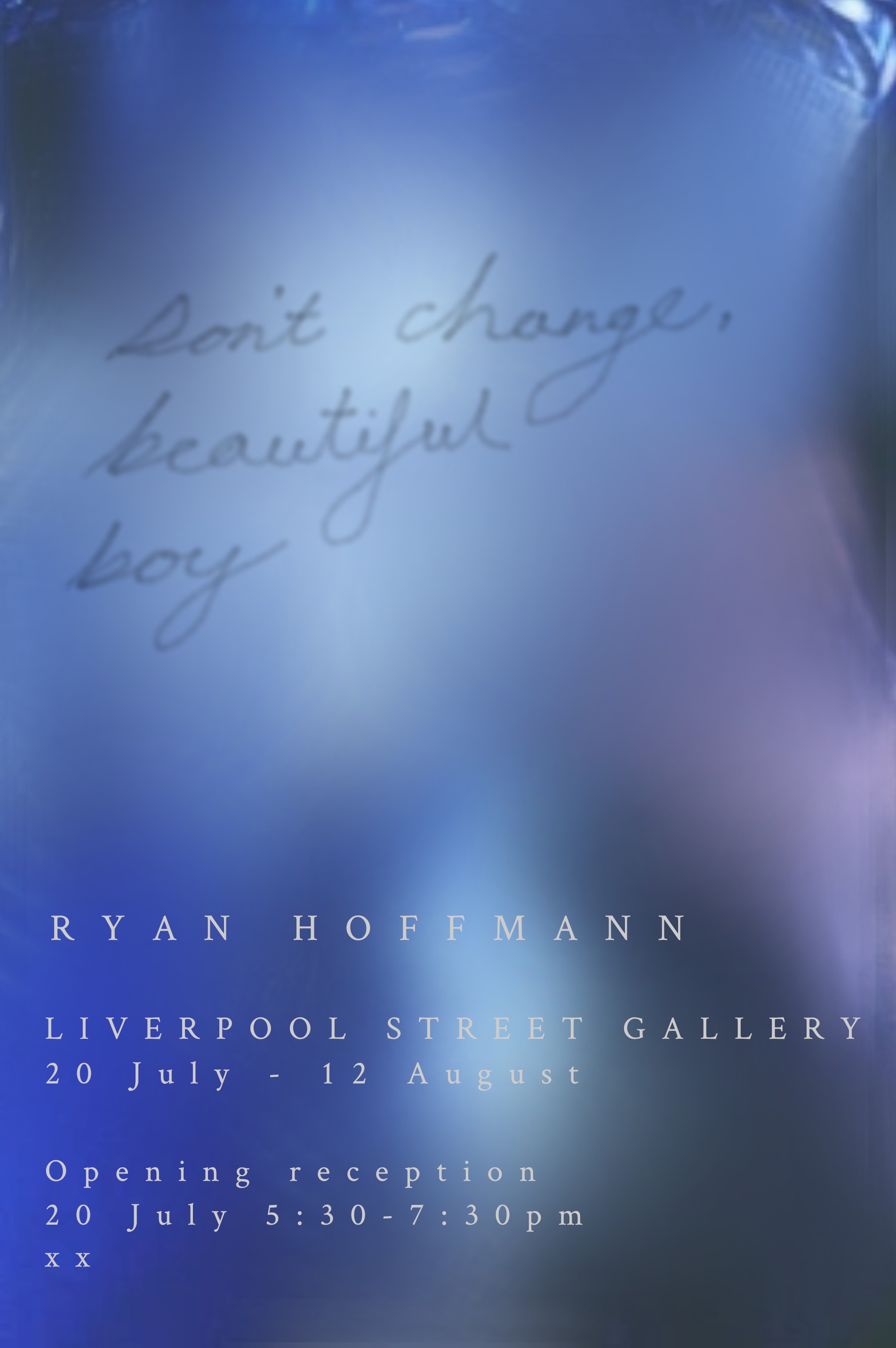
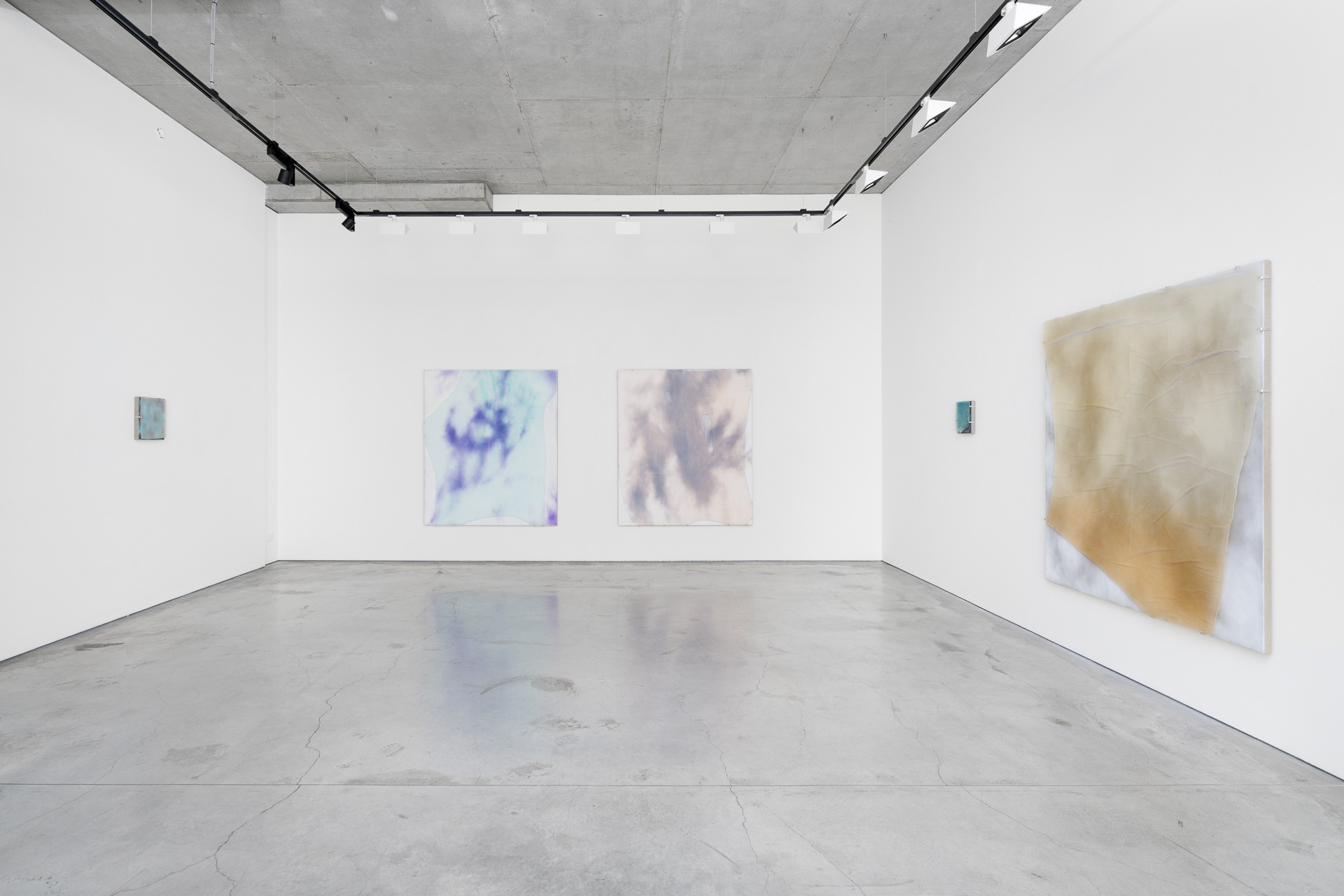


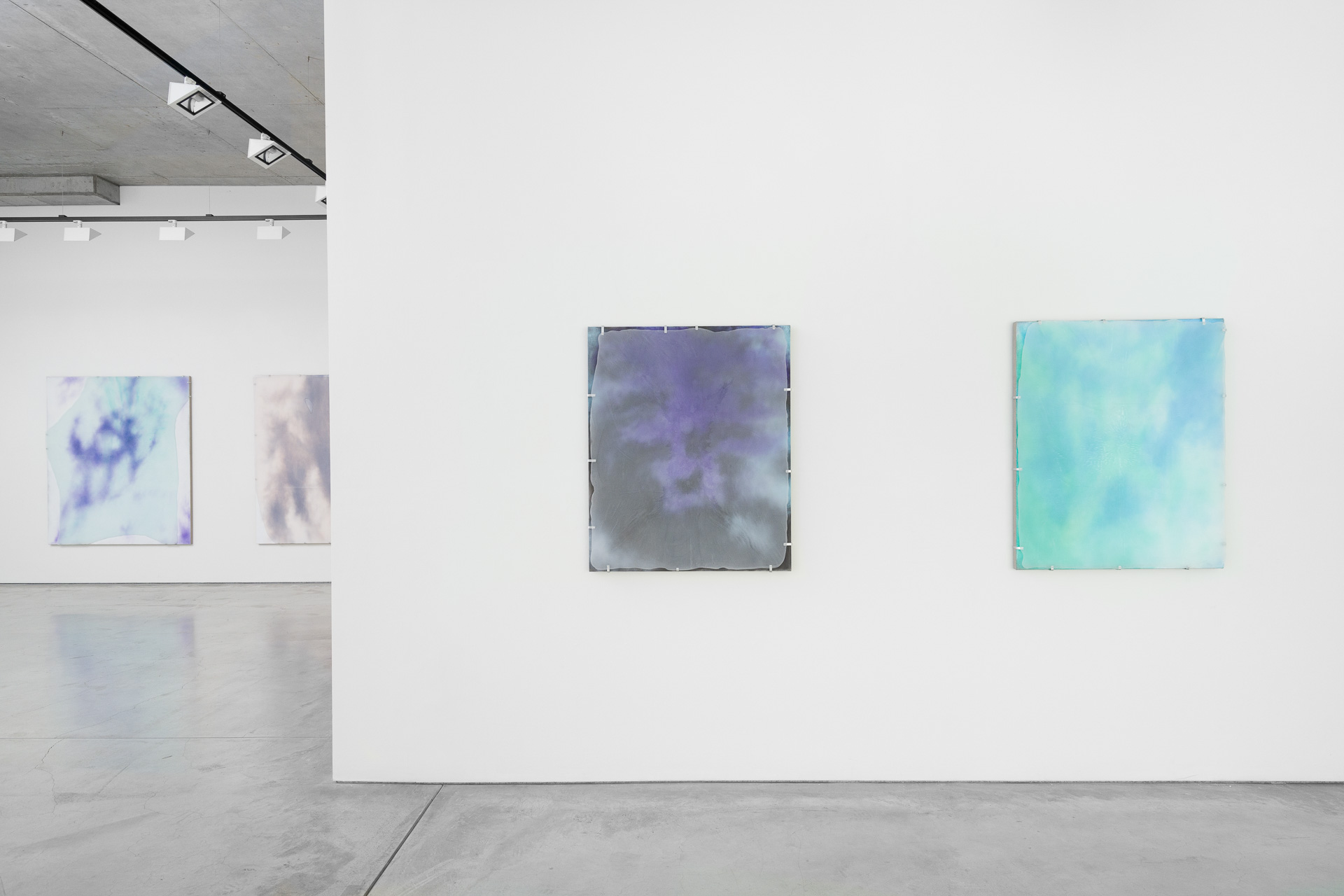
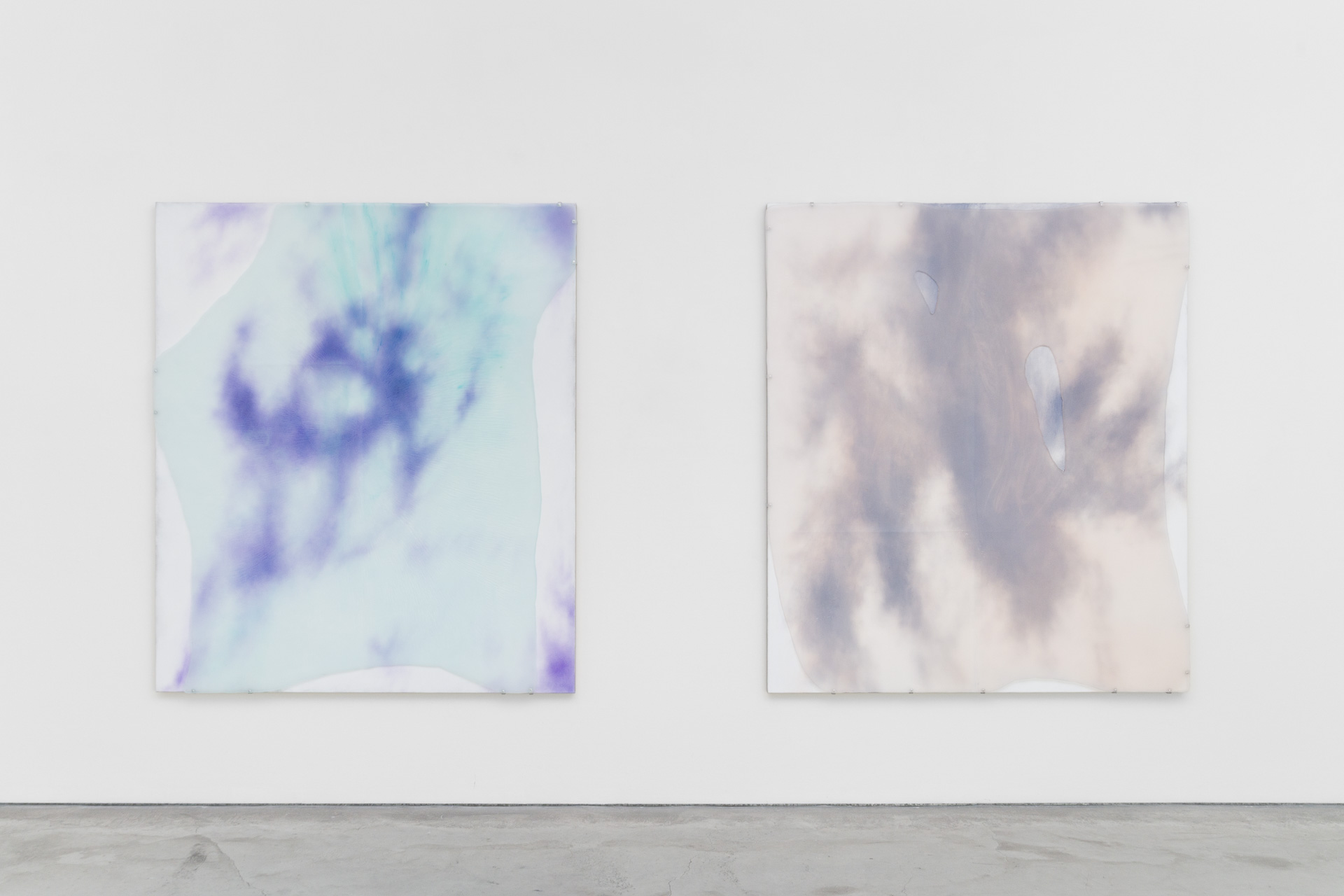
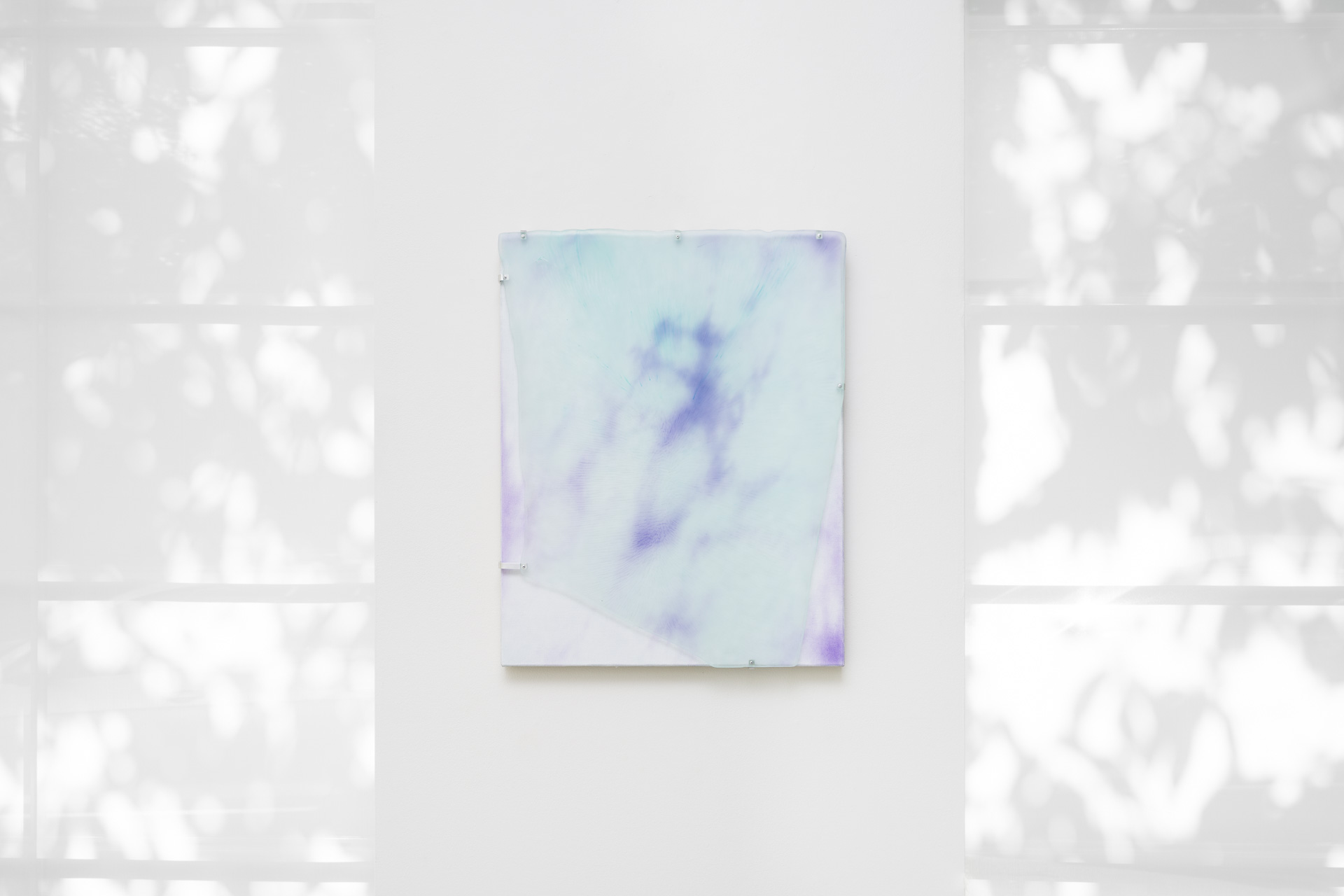

'Don't Change, Beautiful Boy', is a response to a letter I wrote my adult self when I was a boy.
It represents how I have been feeling about being an artist lately, as I delve into new and vulnerable territory with my work. It’s a quiet response, a love letter, to that little boy to not change, to continue to navigate my practice and life, trusting my intuition, following my instincts, and accepting the process.
The approach I've taken is stripped back. Countless moments, conversations, and decisions that led me towards what I thought was the right path, only to realise at the last moment that I needed to let go and allow the process to guide me, often in unexpected directions.
I began by collecting materials and objects, creating samples, and making purely abstract studies for months. Trying to realise an idea in my head about work I have wanted to make for years. Eventually, it became evident that, like all the work I create, I'm not directly making paintings. Instead, I'm making objects that manipulate light, and that's how I have been viewing painting all along.
There were various elements that needed to come together, and I had to relinquish some control to see where the work would take me. The intended destination of the combining elements changed, as did the orientation, and mode of delivery, even on the day of documentation. Anything that reminded me of a direct reference was removed. Any time I was stuck, I trusted my intuition and followed the younger me inside.
As these works took shape, their material language defined them. They change from every angle you looked at them. Some parts obscured, some parts to look through. Some things to notice, some things to hold on to. Opening myself to see things from a different perspective.
Never growing up, like my sister told me.
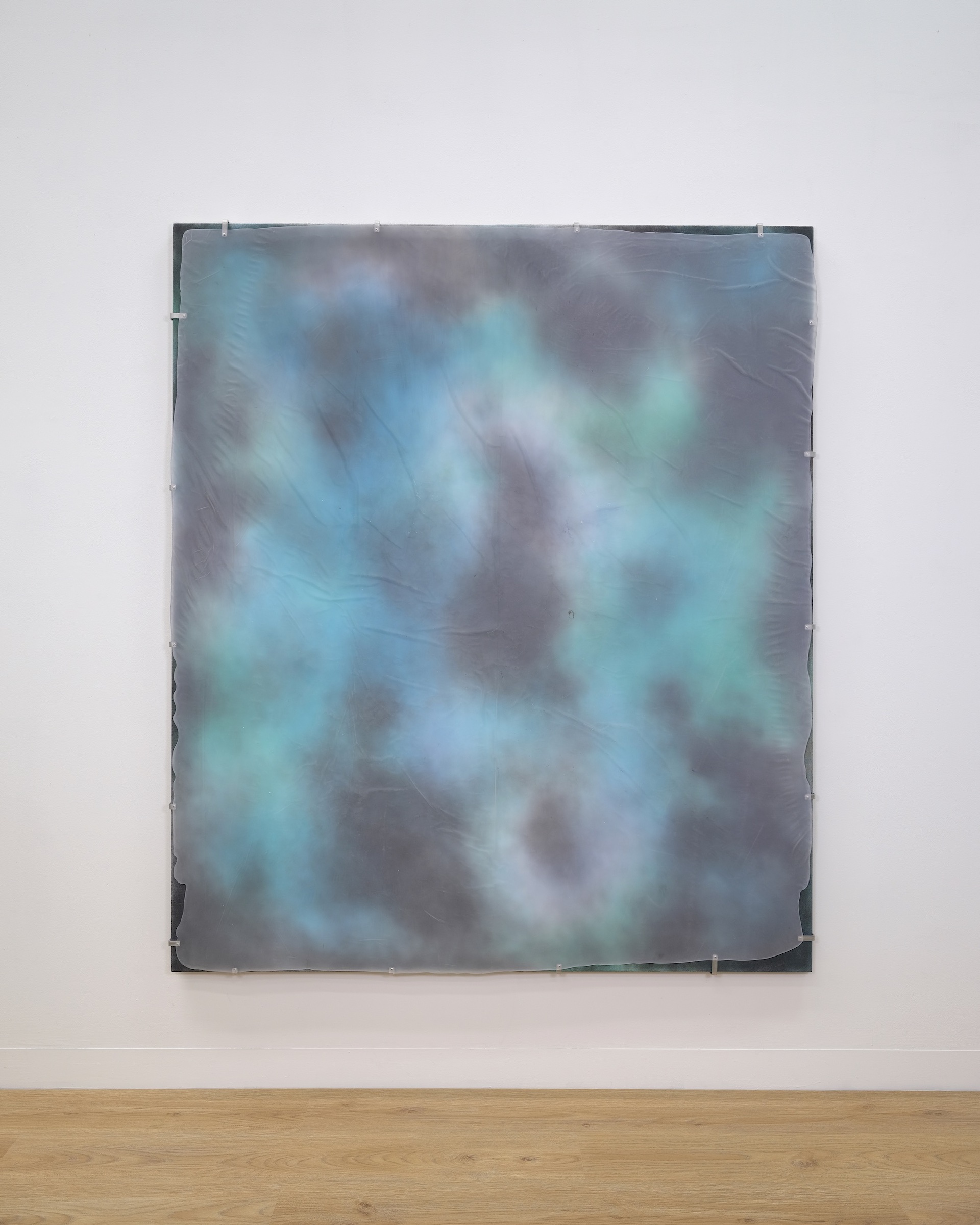
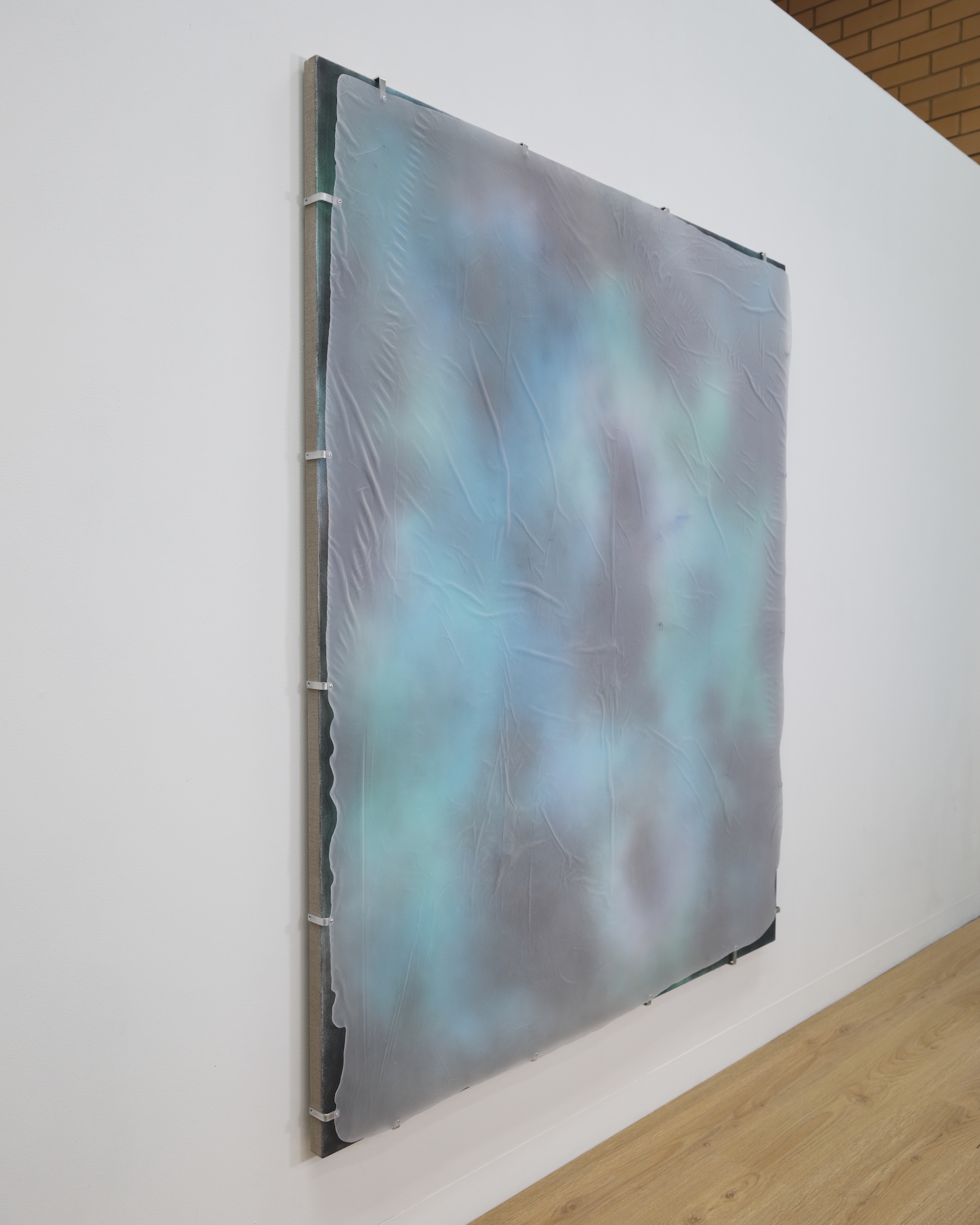


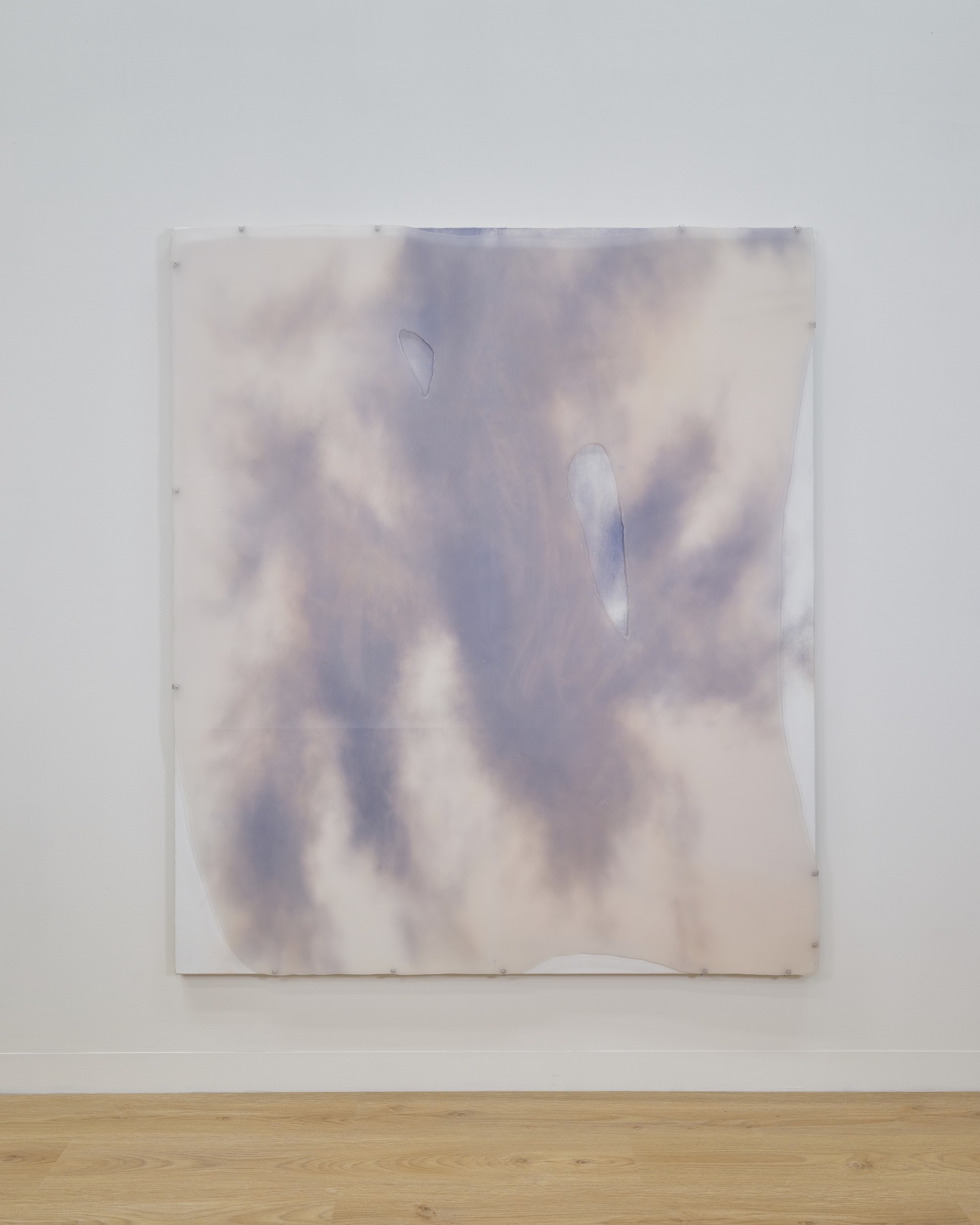



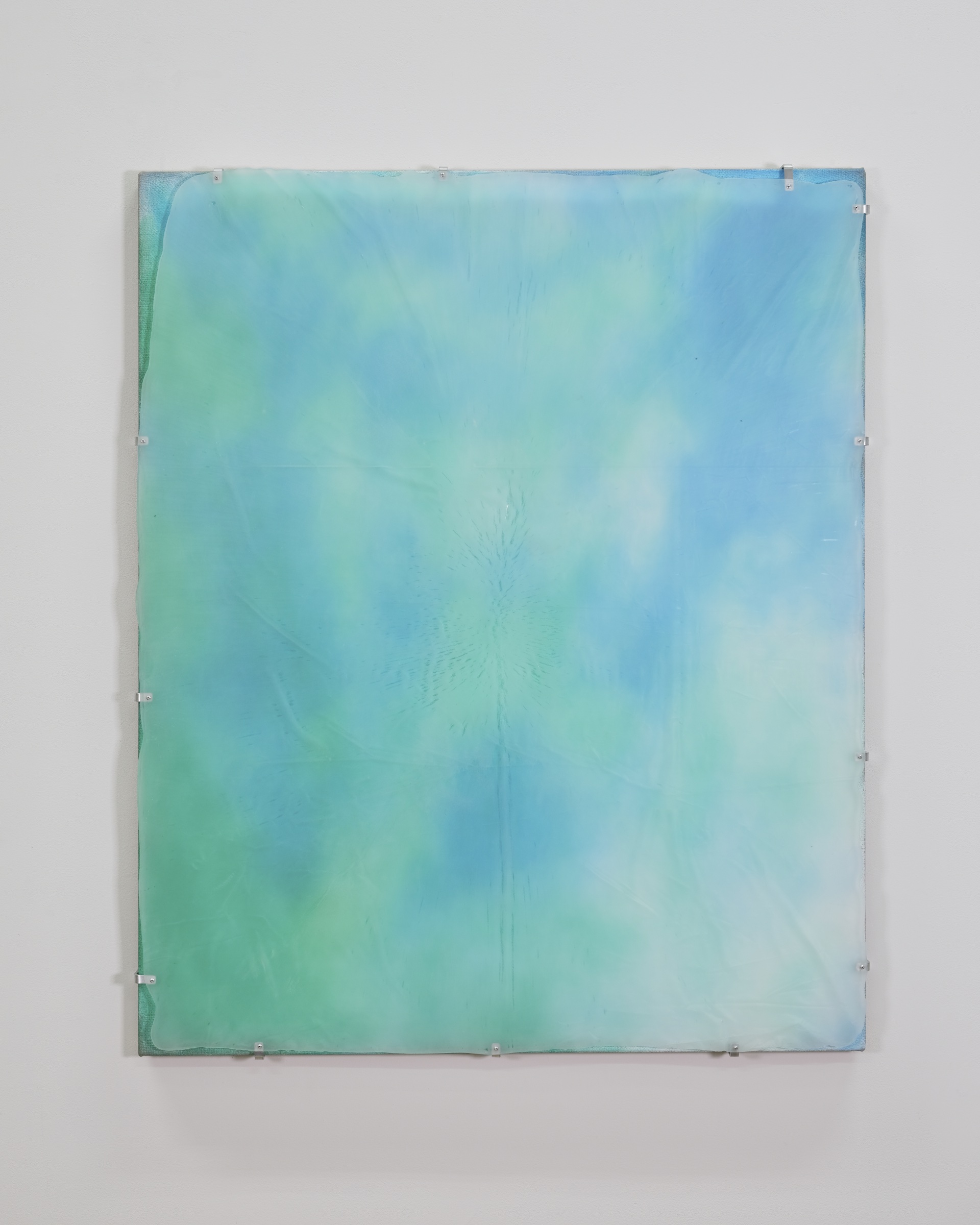
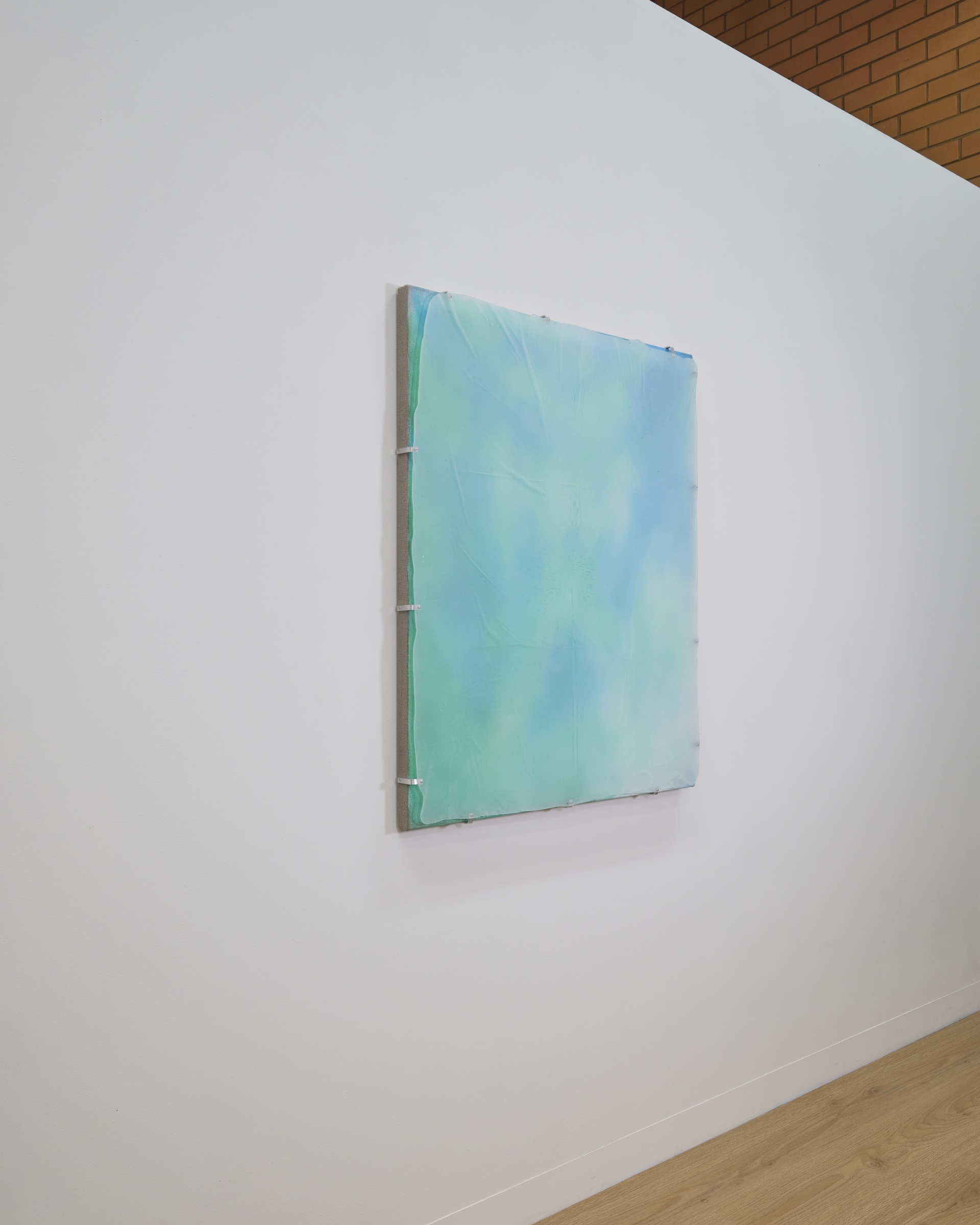
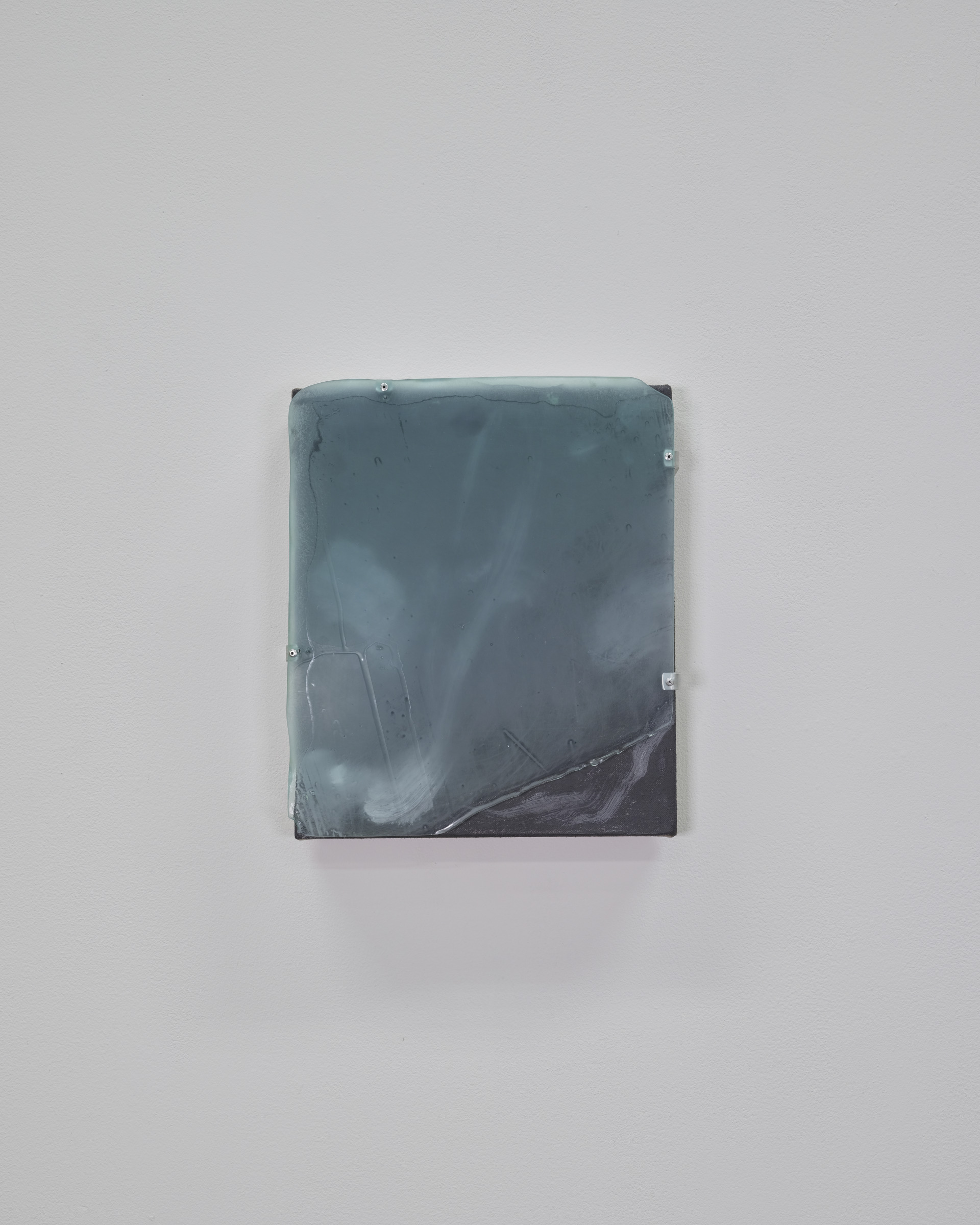
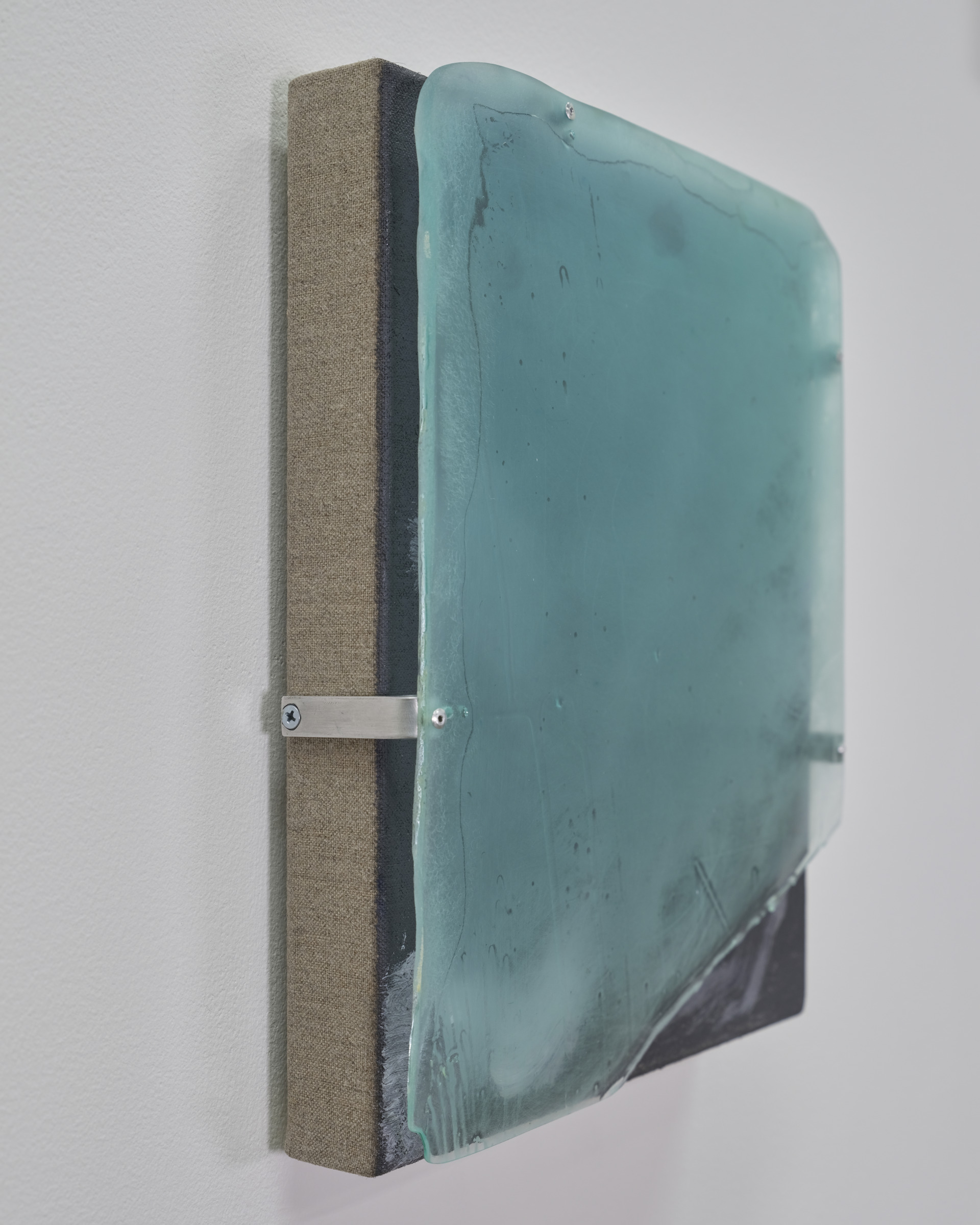
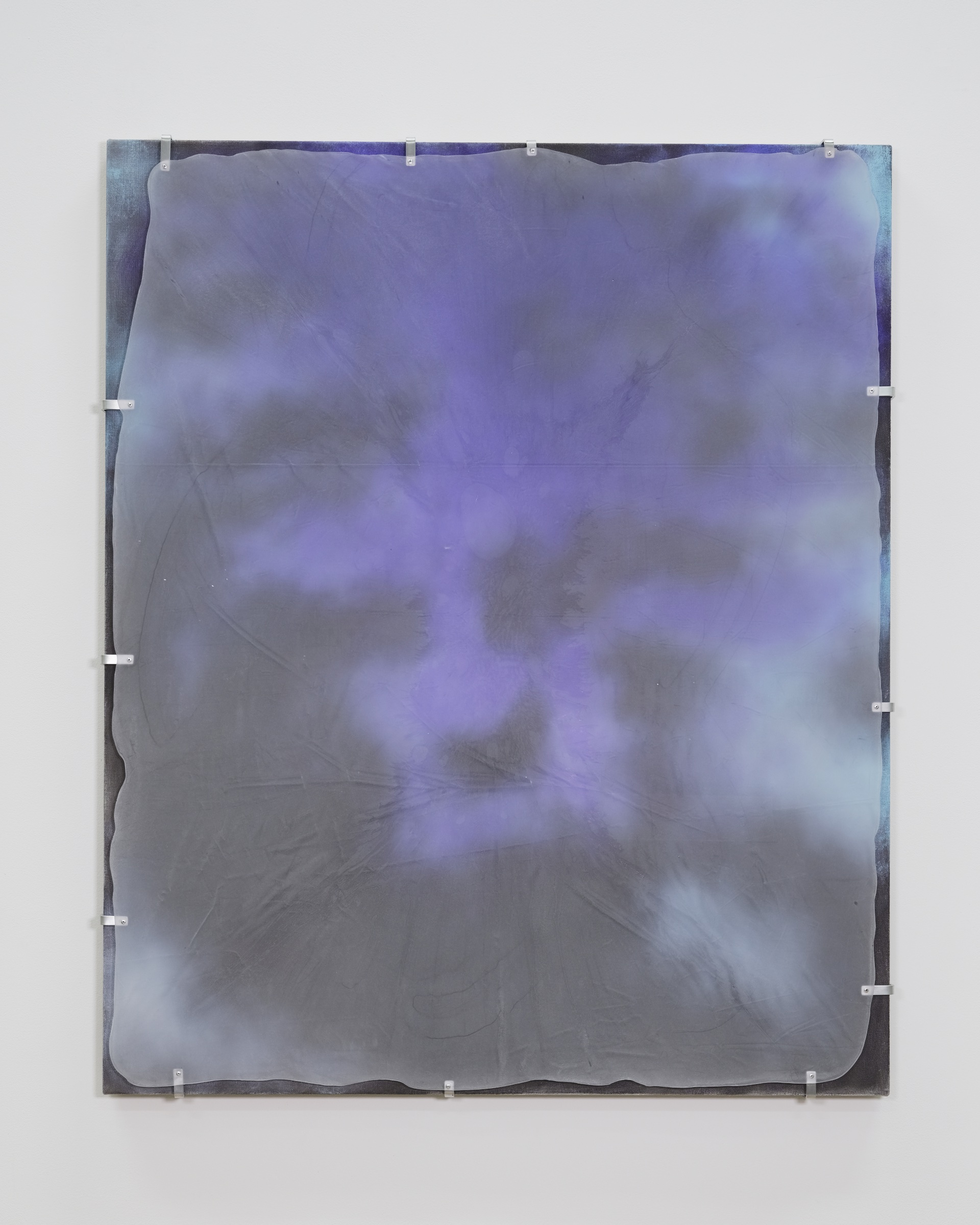
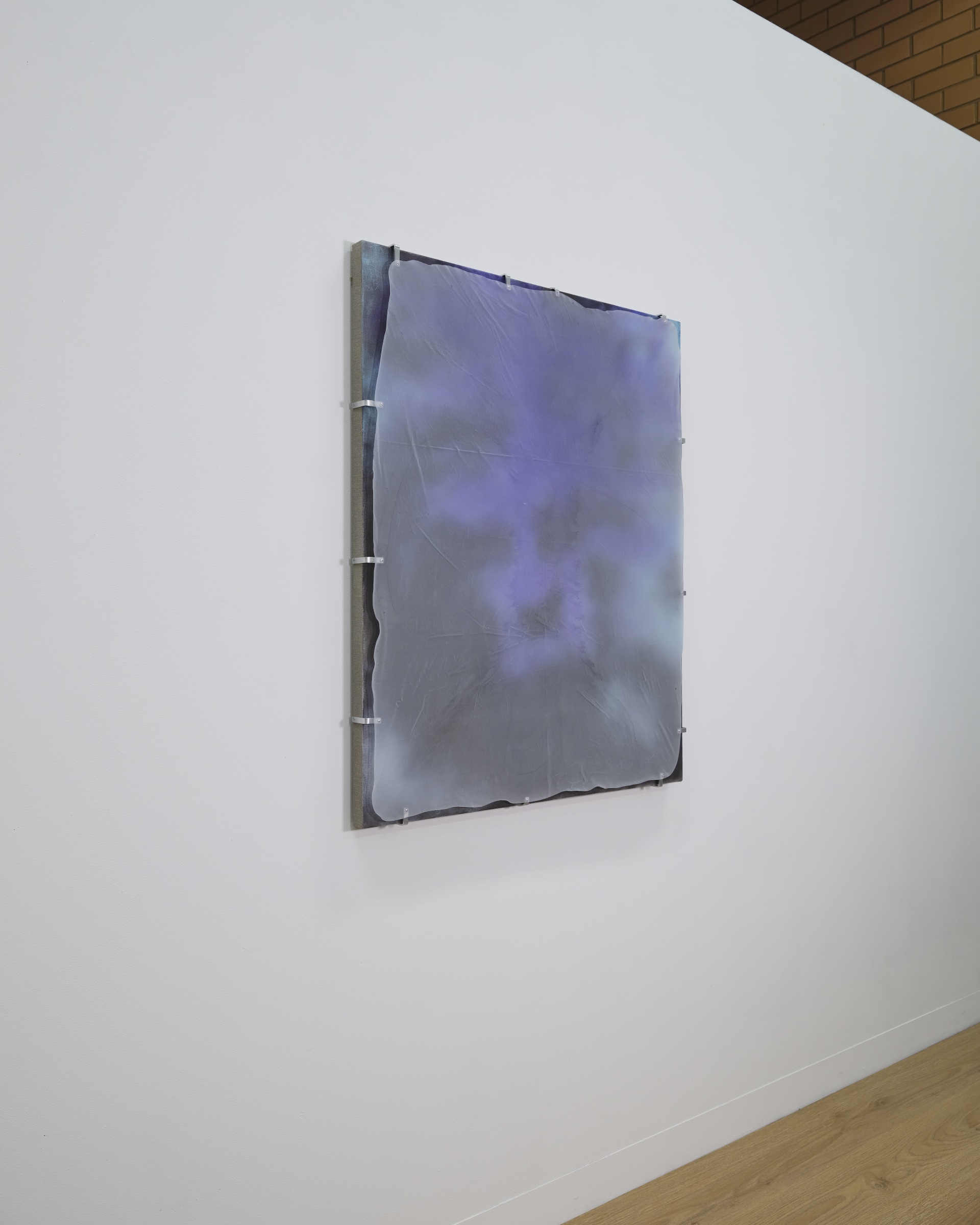

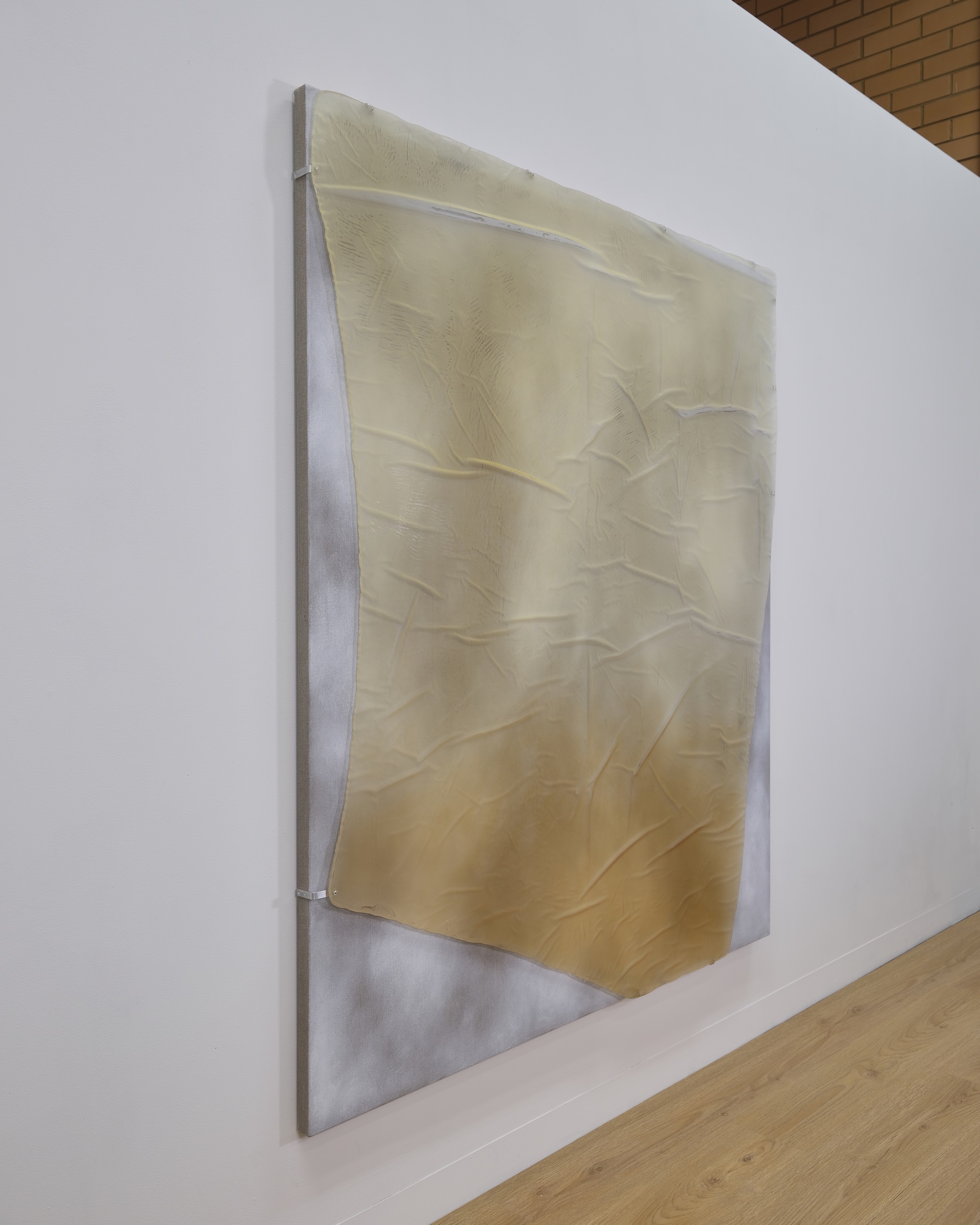
RYAN HOFFMANN STUDIO © 2025 ALLRIGHTS RESERVED

